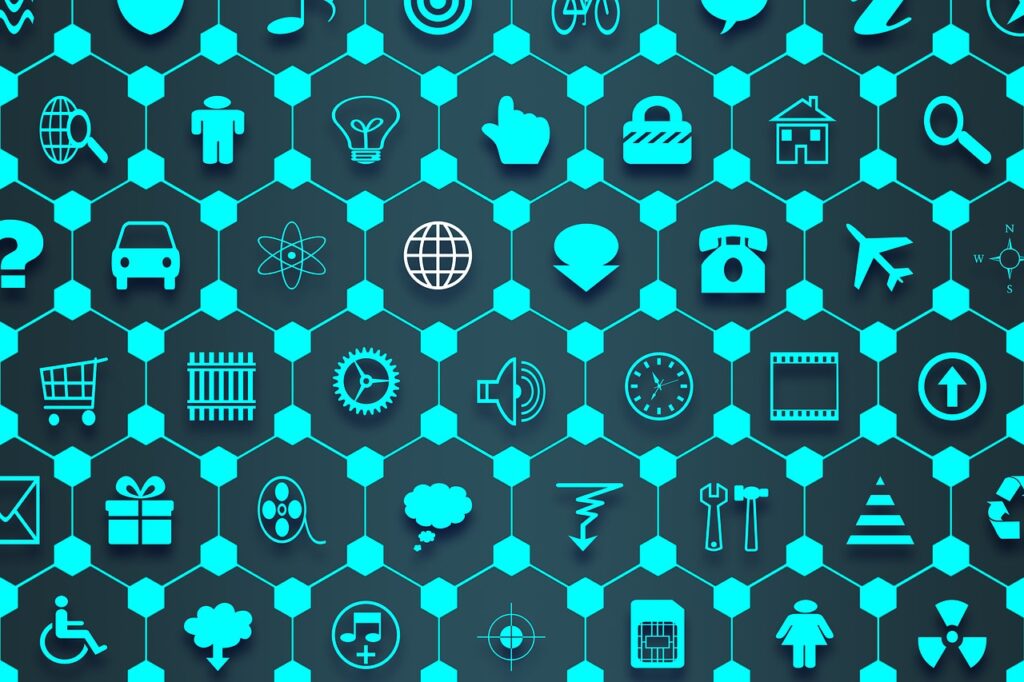Blockchain technology and the Internet of Things: Connecting and Securing the Internet of Everything

The Internet of Things (IoT) is a network of connected devices that are embedded with sensors, software, and network connectivity, allowing them to collect and exchange data. These smart devices are becoming an integral part of our daily lives, from smart homes to smart cities, and they have the potential to revolutionize various industries. However, with the increasing number of connected devices, the security and privacy of the data they collect and exchange are becoming a concern.
Blockchain technology, on the other hand, is a decentralized and secure digital ledger that records transactions in a transparent and tamper-proof way. It uses cryptography to ensure that data is protected and can only be accessed by authorized parties. The combination of blockchain technology and the Internet of Things (IoT) has the potential to address the security and privacy concerns of the IoT and take it to the next level.
One of the key benefits of blockchain technology is its ability to decentralize data management. In traditional centralized systems, all data is stored in a single location, making it a prime target for hackers. With blockchain, data is stored across a network of nodes, making it more difficult to hack and ensuring that data remains accessible even if a single node is compromised. This decentralization also allows for more transparency and accountability in the handling of data, making it more secure for both individuals and organizations.
Another benefit of blockchain technology is its ability to create smart contracts. A smart contract is a self-executing contract that is coded with the rules and regulations of an agreement. These contracts can be used to automate processes and ensure that they are executed in a transparent and secure way. In the context of the IoT, smart contracts can be used to automate the management and exchange of data between devices. This can improve efficiency, reduce costs, and ensure that data is handled in compliance with regulations.
Blockchain technology can also enhance the security of the IoT by providing secure and private communication between devices. In traditional systems, devices communicate directly with a central server, making it easier for hackers to intercept data. With blockchain, devices can communicate directly with each other, using encryption and secure protocols to protect data. This can also help to reduce the load on central servers and improve the scalability of the IoT.
There are already several examples of the potential applications of blockchain technology in the IoT. In the supply chain, for example, blockchain can be used to track the movement of goods and ensure that they are handled in a transparent and secure way. In the energy sector, blockchain can be used to manage the distribution of energy and ensure that it is used in an efficient and sustainable way. In the transportation sector, blockchain can be used to track the movement of vehicles and ensure that they are being used in a safe and efficient way.
In conclusion, the combination of blockchain technology and the Internet of Things (IoT) has the potential to address the security and privacy concerns of the IoT and take it to the next level. With the ability to decentralize data management, create smart contracts, and provide secure and private communication between devices, blockchain can enhance the security and connectivity of the IoT and open up new opportunities in various industries.